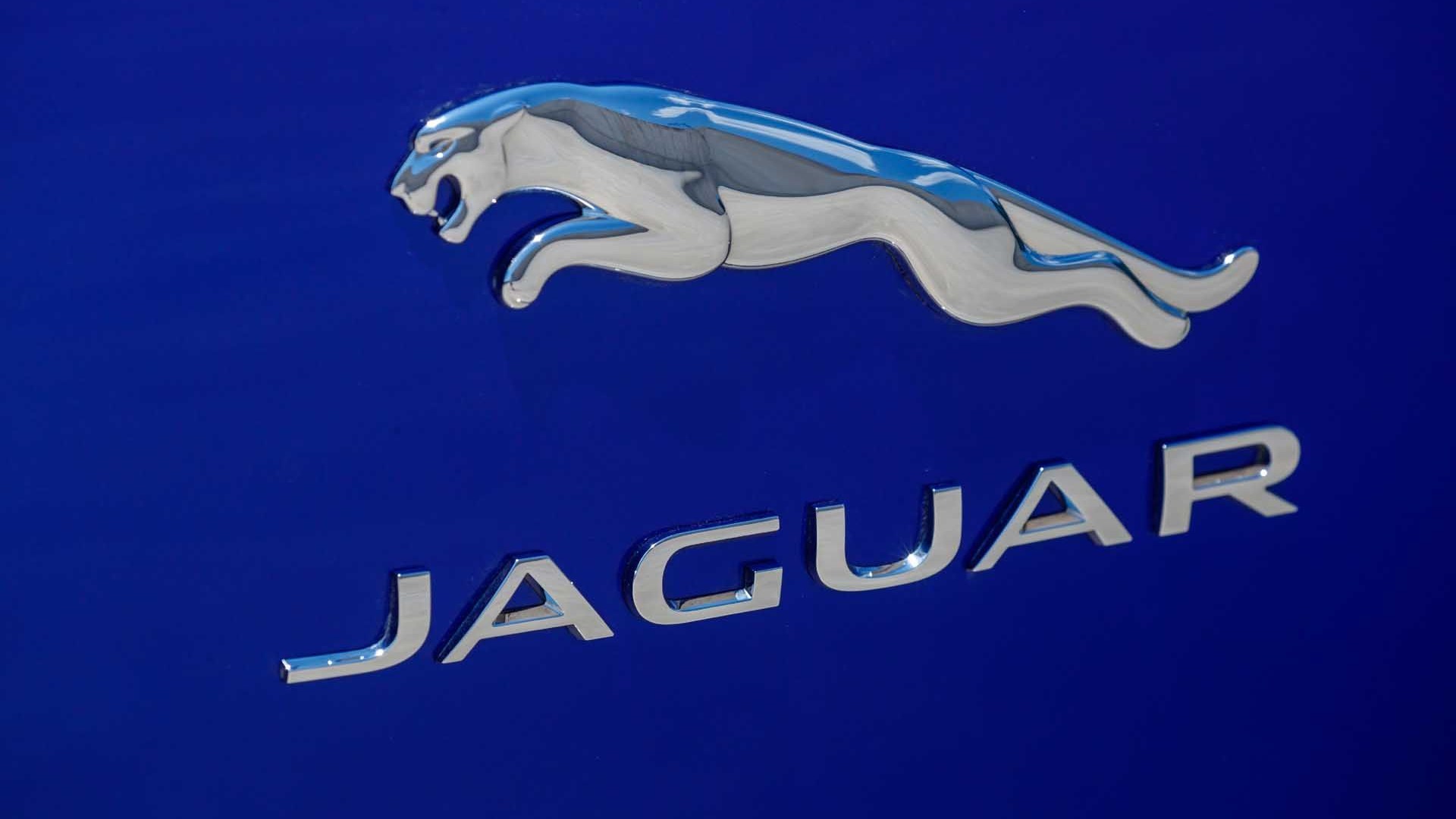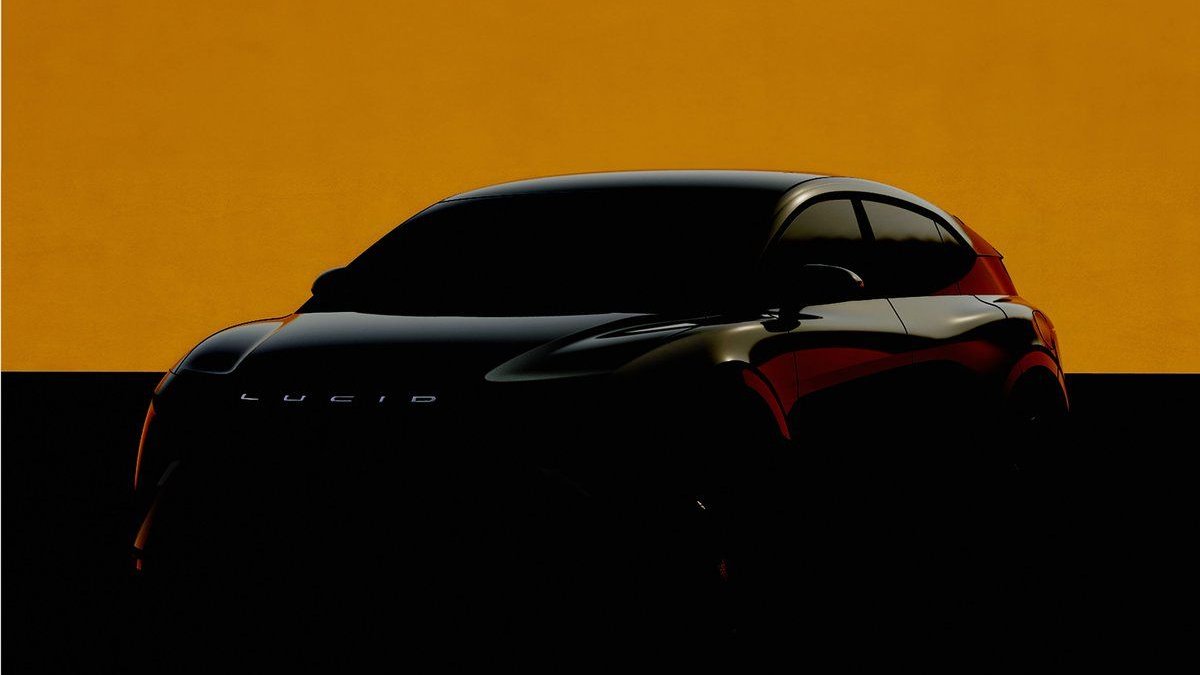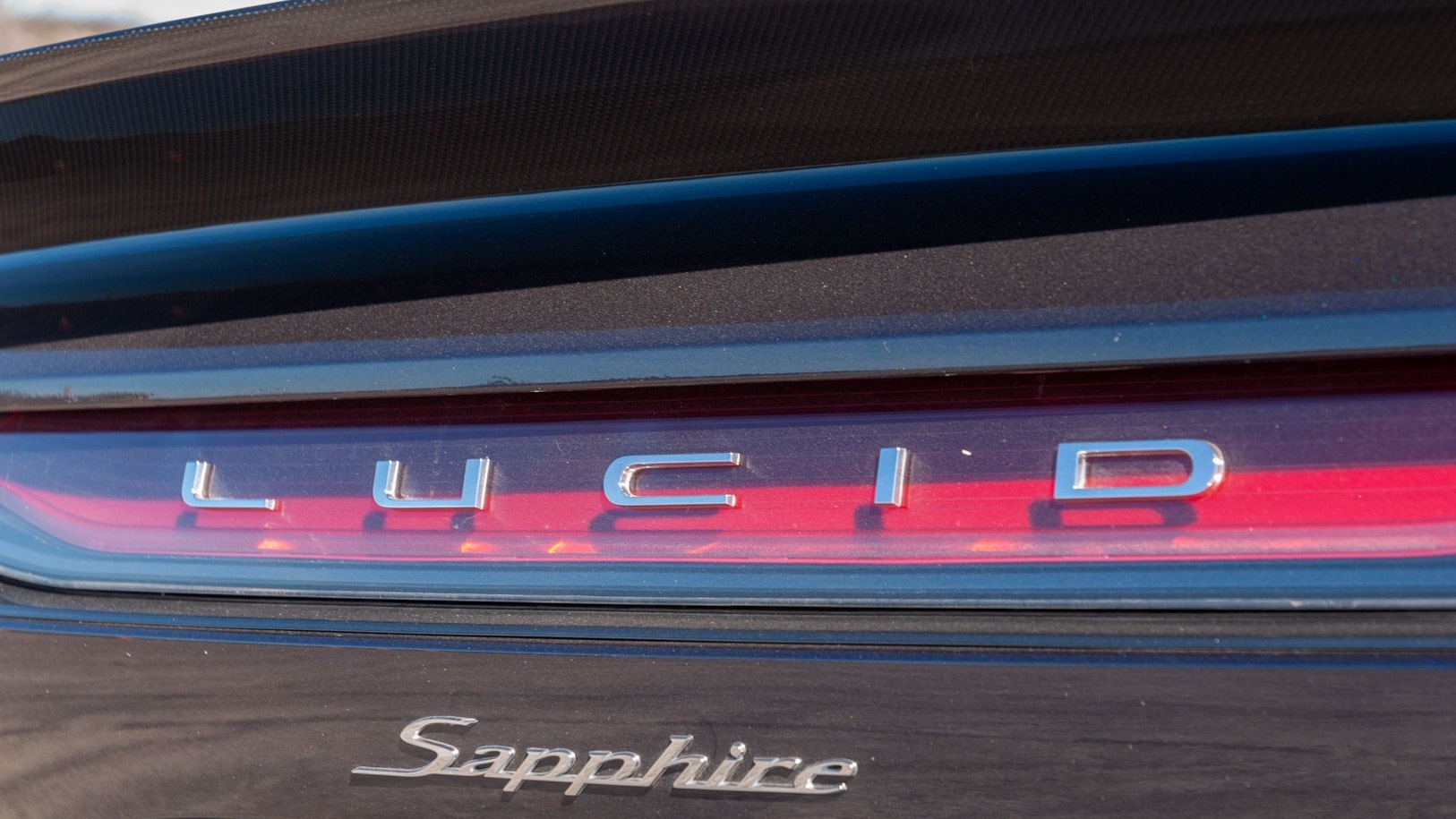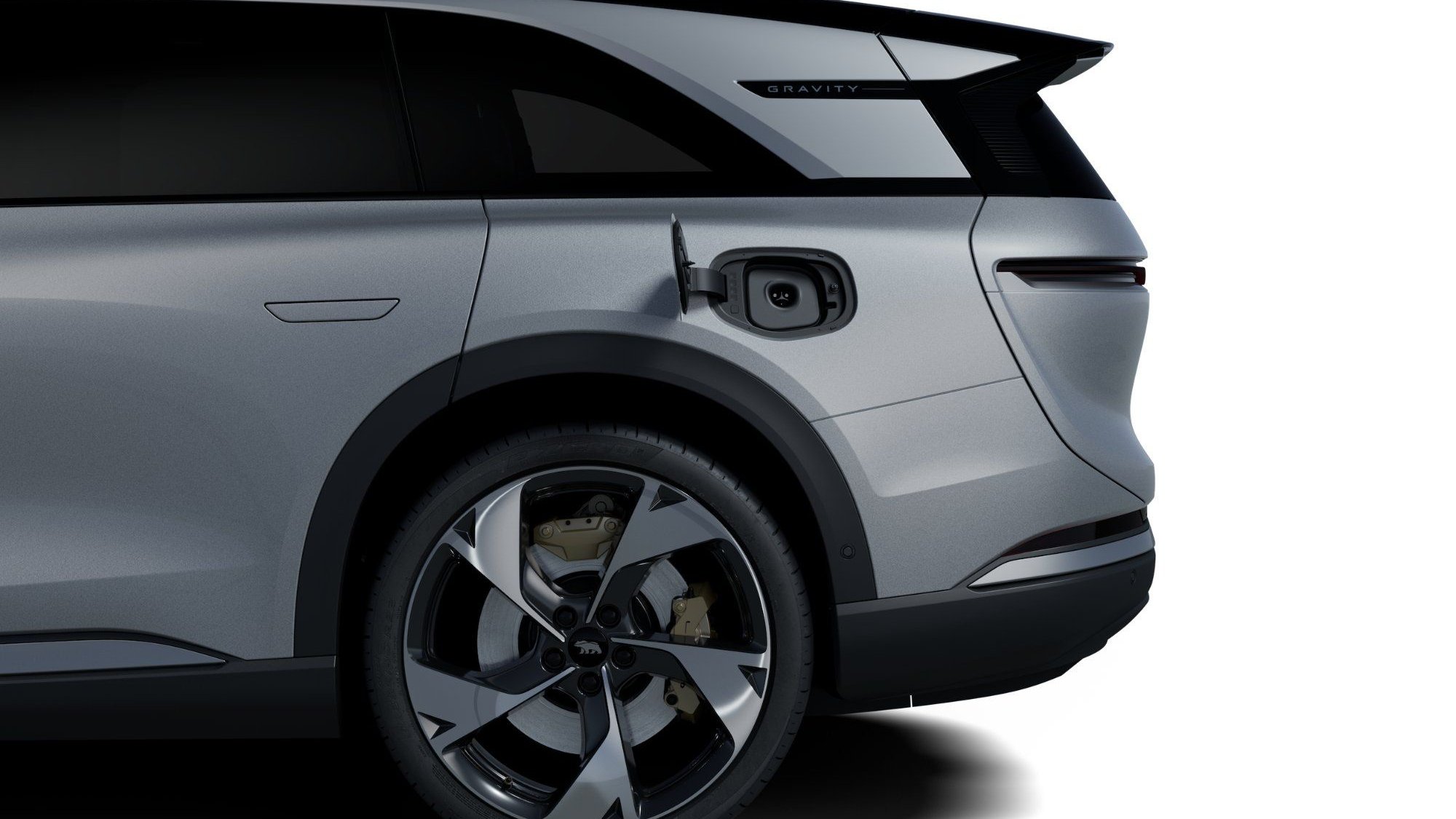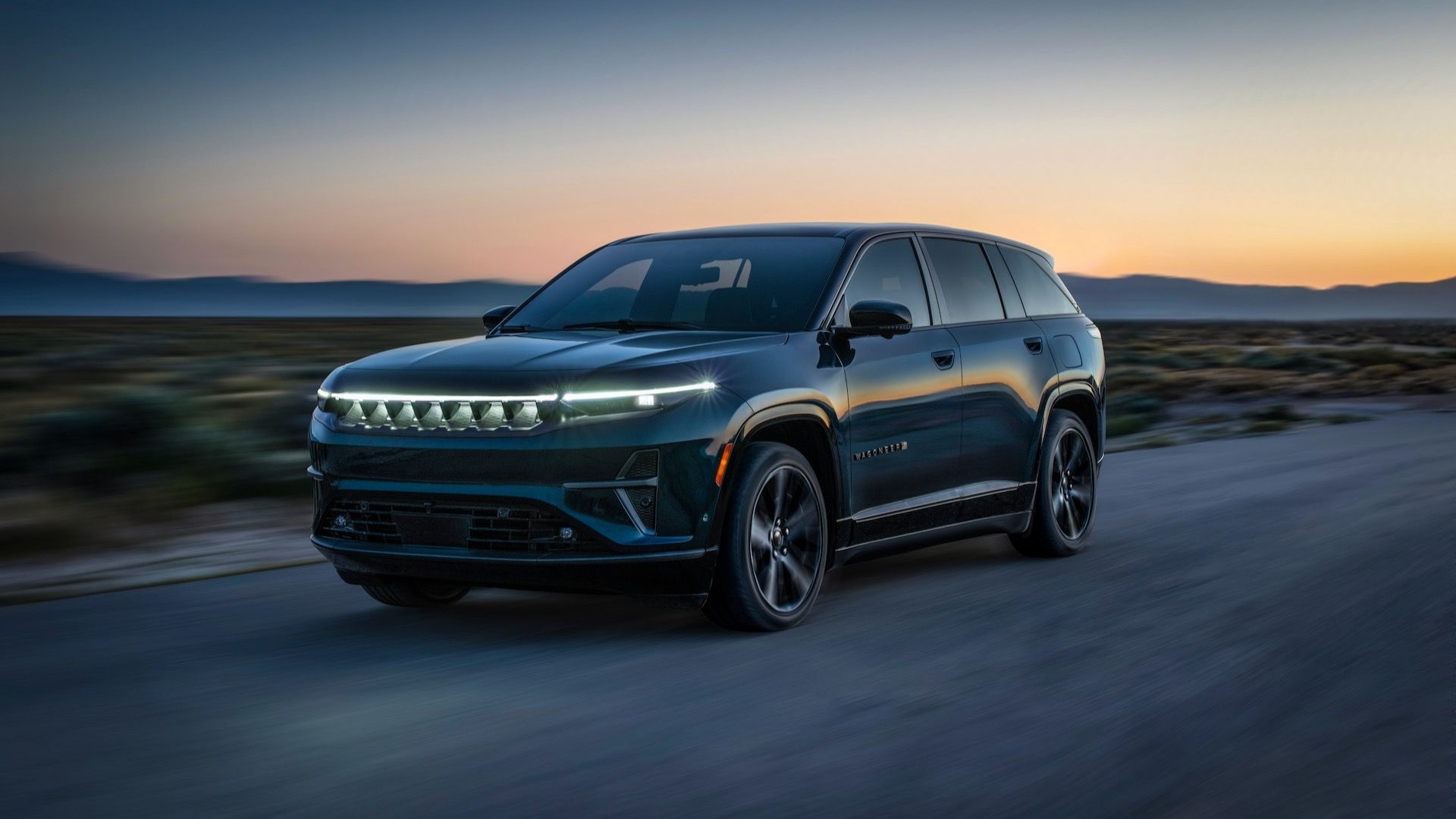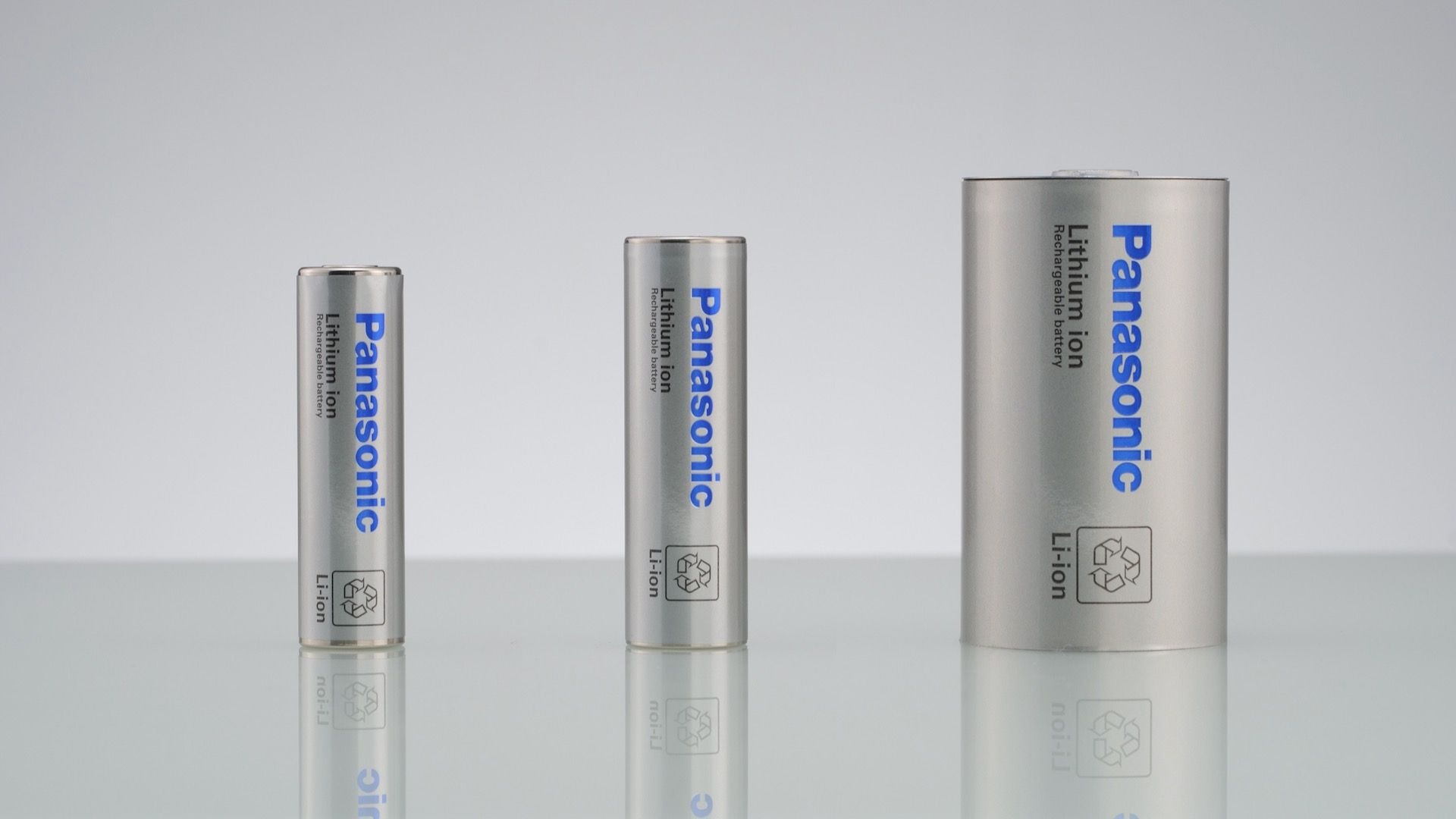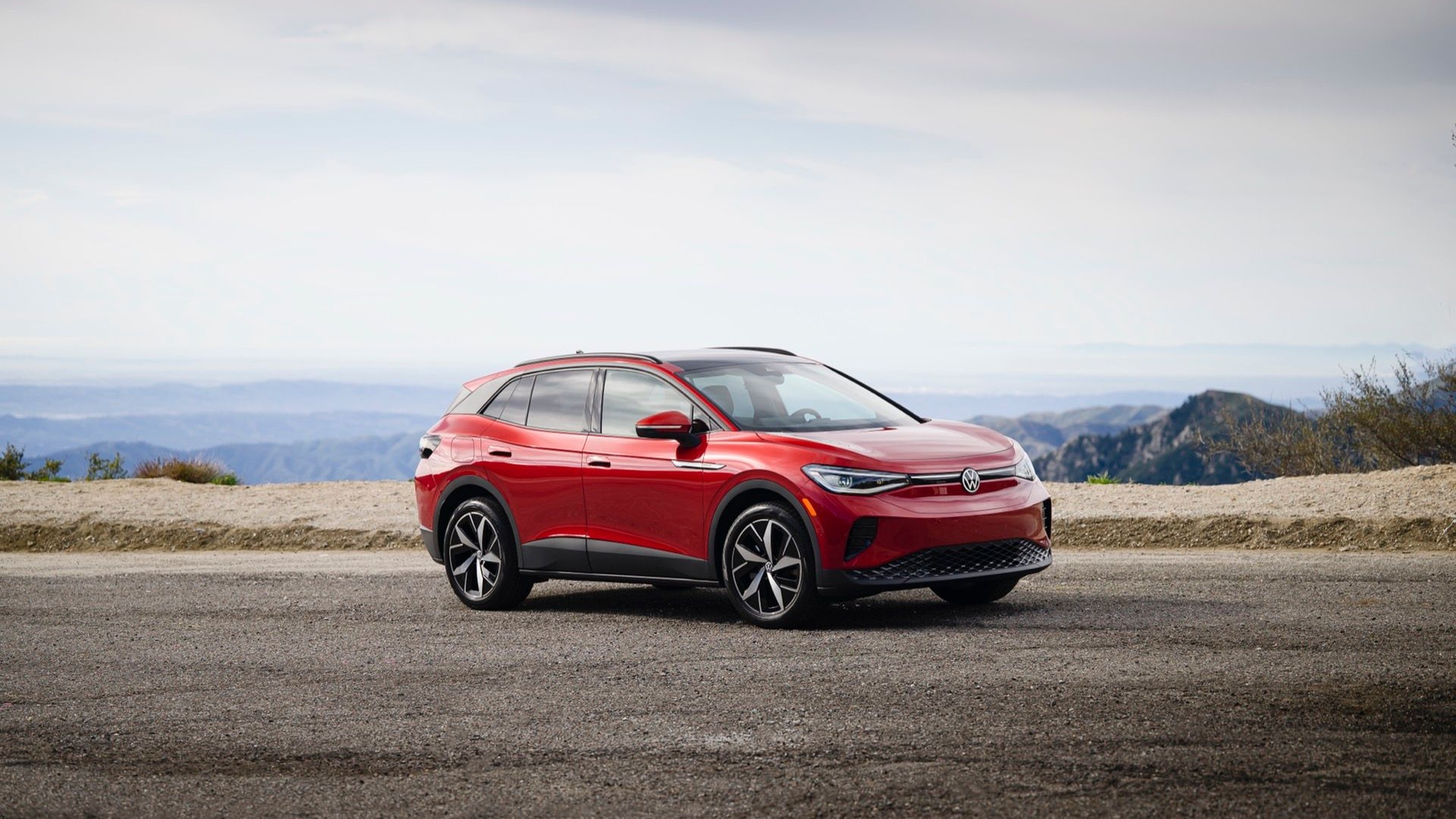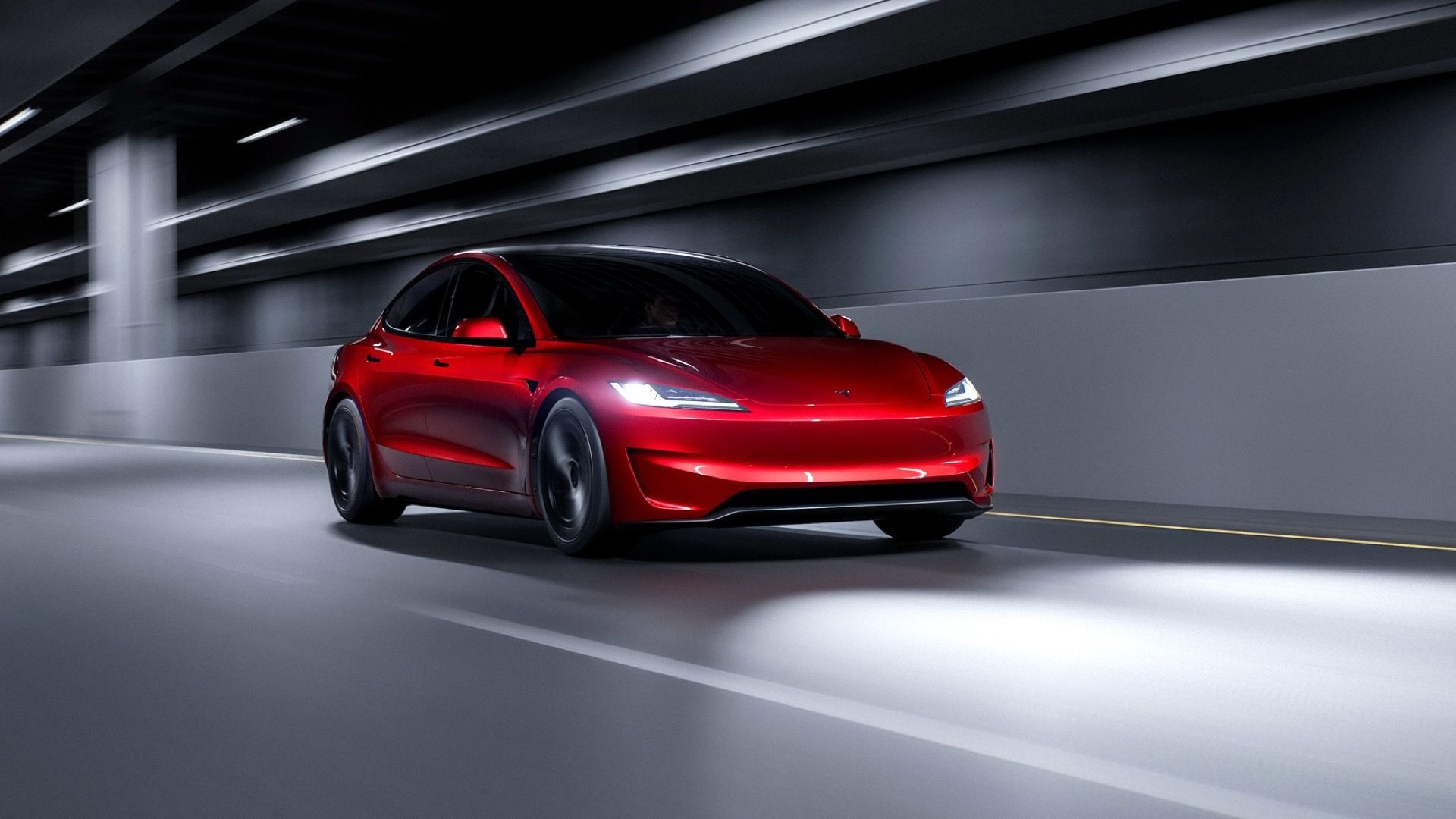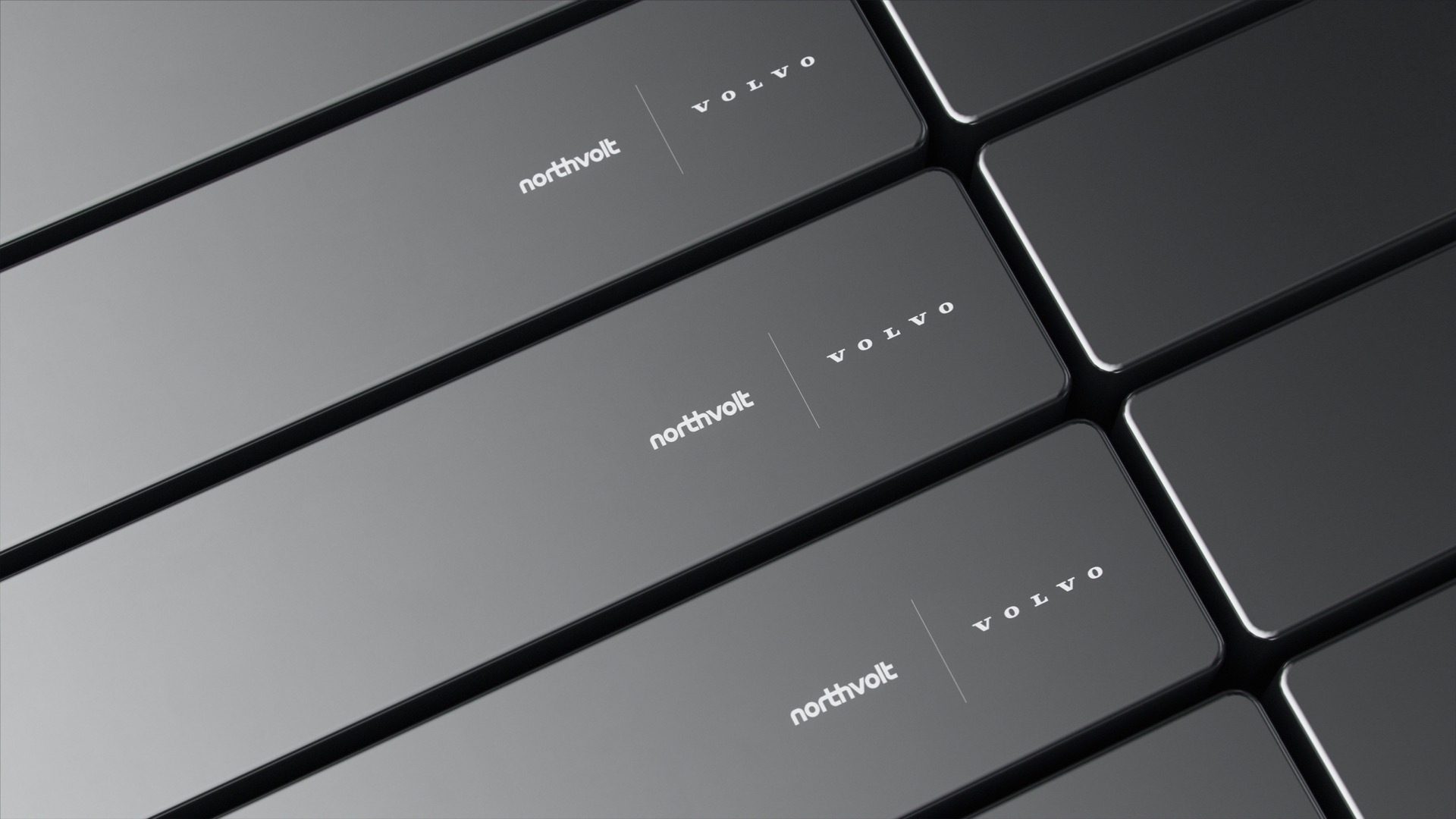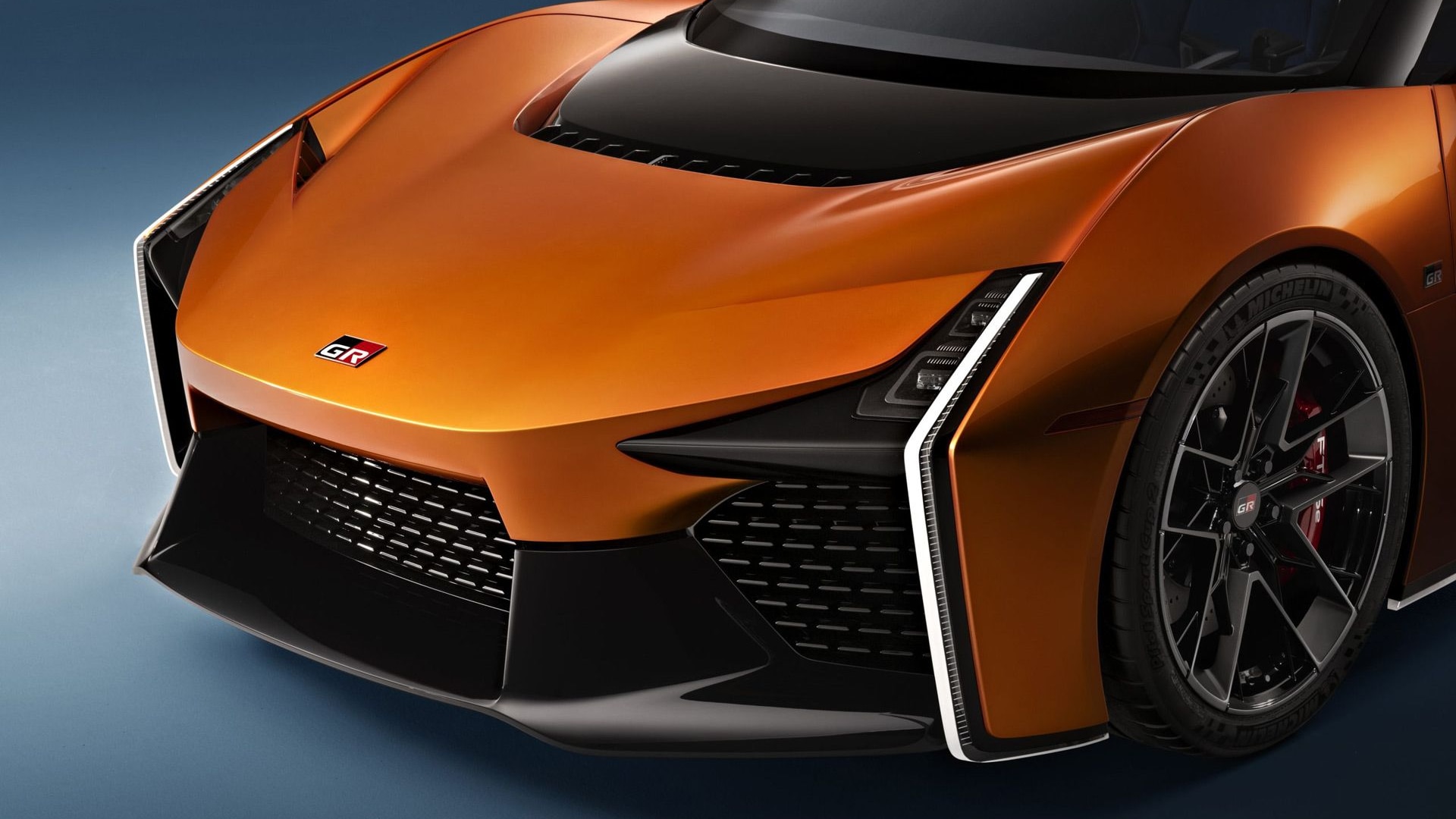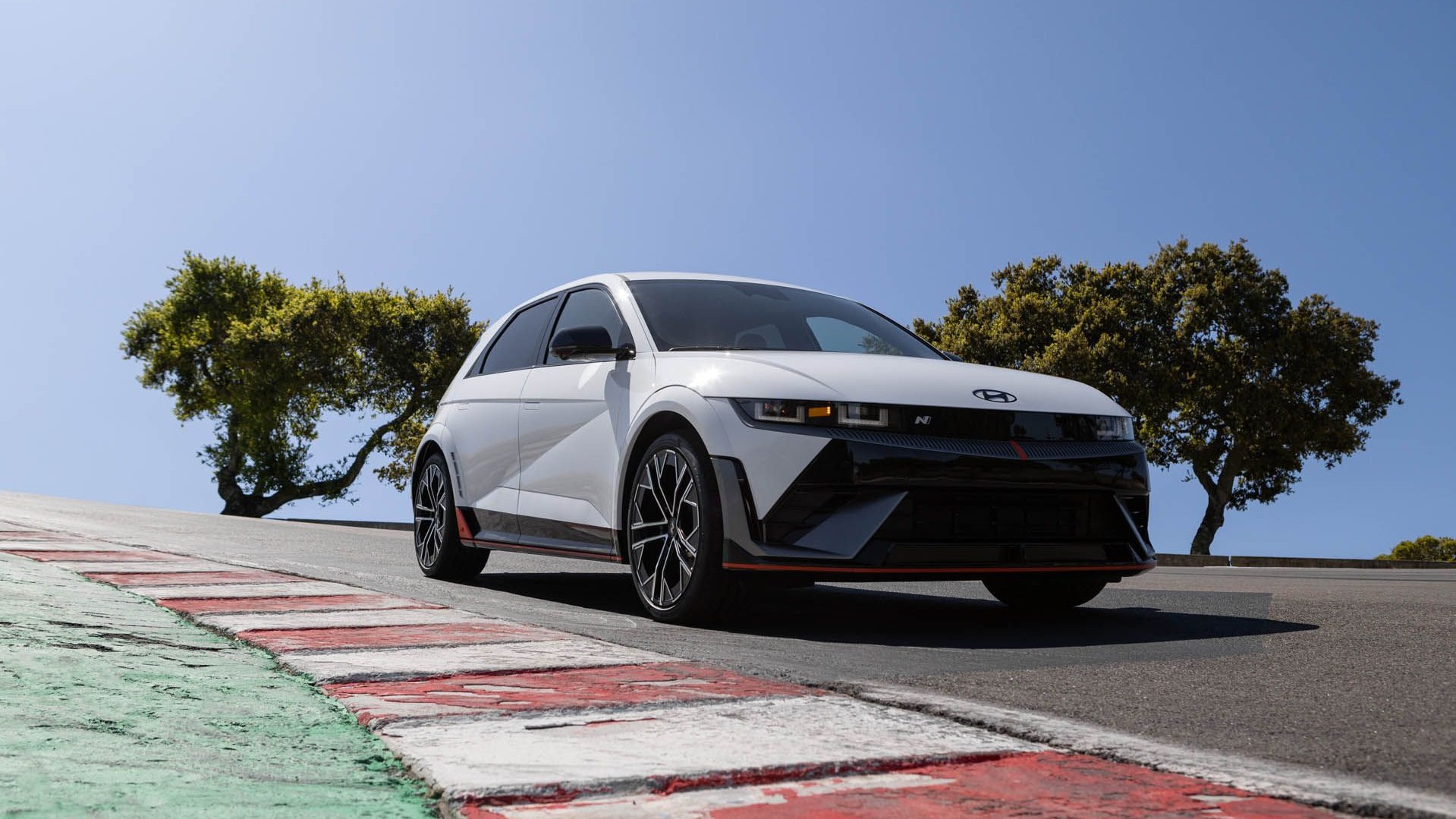Ford on Wednesday said it plans to launch more hybrids and cut back on a previously announced battery-electric vehicle as it adjusts to the changing landscape for electrified vehicles.
The automaker said its changed roadmap is aimed at lowering prices, particularly for EVs whose buyers today are more cost conscious compared to the early adopters of previous years.
The new roadmap is also aimed at capitalizing on increasing demand for hybrids. A direct consequence of this will be a reduction in investment in EVs from about 40% of Ford's annual capital expenditures at present to 30%.
3-row electric SUV out, midsize electric truck in
New EVs in the pipeline are confirmed by Ford to include a commercial van to be built in Ohio starting in 2026, followed by mid- and full-size pickup trucks in 2027. A previously announced three-row SUV originally planned for launch in 2025 has been canceled. Ford said it invested $400 million thus far in the three-row SUV, and that the final cost of its shifted product plan could reach up to $1.5 billion.
The midsize truck will be based on a new low-cost EV platform that Ford said was developed by a “skunkworks” team in California, and is set to feature the automaker's BlueCruise automated driver-assist feature. The platform will be used for multiple vehicles, including passenger and commercial vehicles, starting with the midsize truck.
The full-size truck, code-named Project T3, will serve as the replacement for the F-150 Lightning. It will be built in Tennessee and has previously been referred to by Ford CEO Jim Farley as the "Millennium Falcon of pickup trucks." The full-size truck was originally planned for launch in 2025, but Ford on Wednesday said delaying it will enable the automaker to benefit from lower-cost battery measures and other cost advantages while also giving the market more time to adjust to EVs.
Cheaper batteries are key
A specific lower-cost battery measure Ford will adopt is building cheaper lithium iron phosphate type batteries in the U.S., meaning they'll qualify for for Inflation Reduction Act benefits. Ford also said on Wednesday it will move production of batteries for the Mustang Mach-E from Poland to the U.S. That suggests the vehicle will stick around and should also remain eligible for Inflation Reduction Act tax credits.
Ford also plans new hybrids, especially in bigger segments where the automaker said battery costs remain challenging. Ford specifically mentioned three-row SUVs that would offer hybrid powertrains, potentially covering the segments of the Explorer and Expedition.
Ford also hinted at a hybrid option for its next-generation F-Series Super Duty, which the automaker said would offer a range of propulsion options.
Ford plans to given an update on its electrification plans in the first half of 2025.

